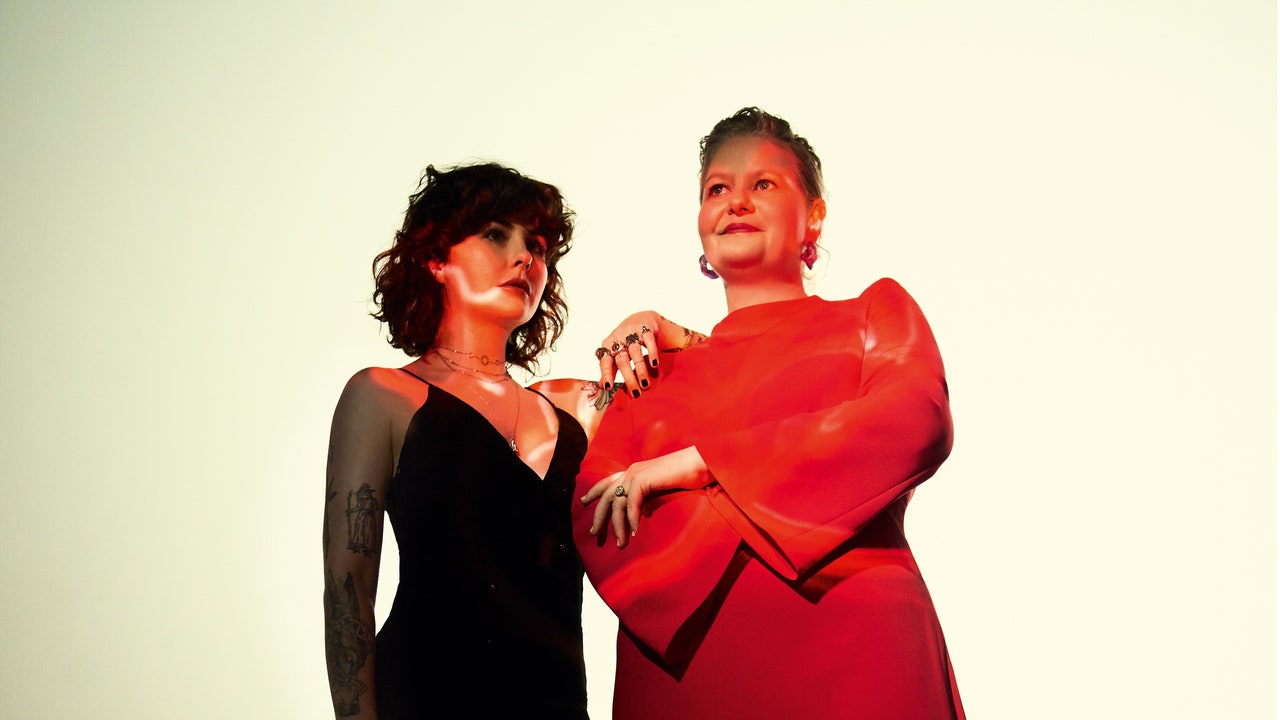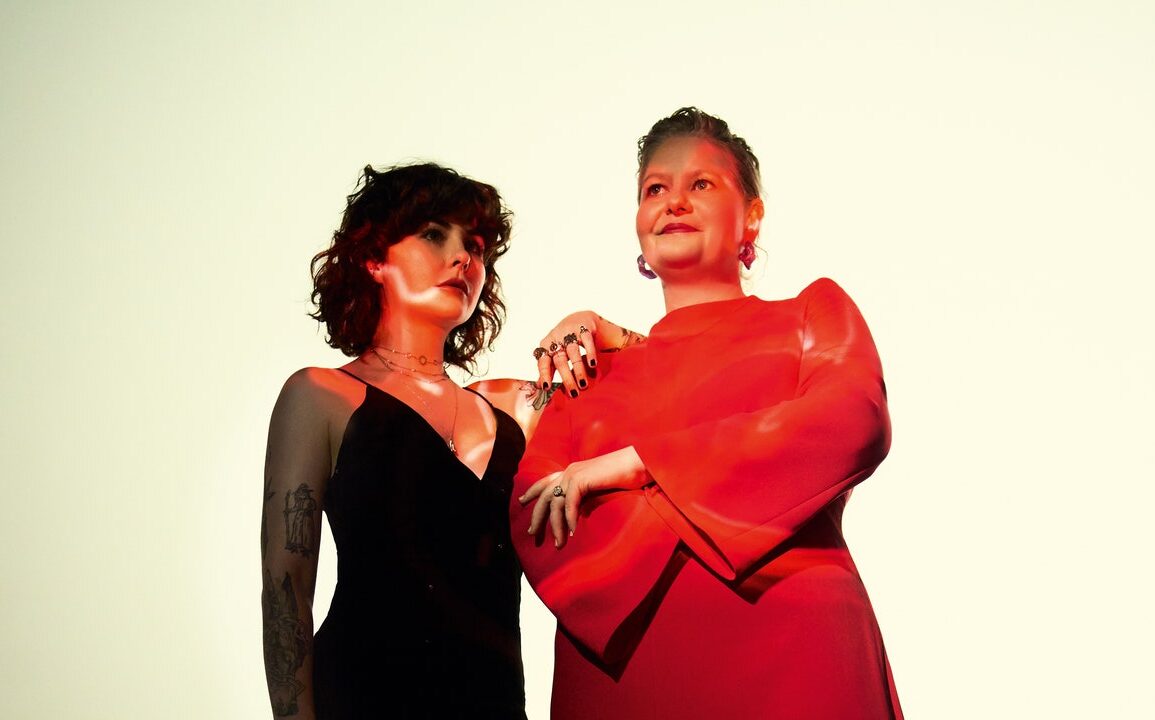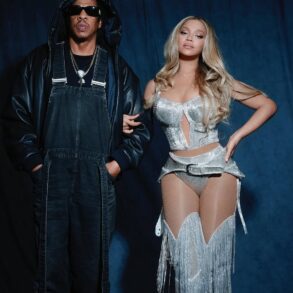
As a member of the UK’s The Women in Esports Committee, one of Alexandra’s focuses is encouraging women into gaming. As such, “I haven’t been super outspoken about this issue,” she says, “because my attitude has always been: normalise it. Normalise women in gaming. Push women to game and to feel free to game. For me, that is my preferred approach to dealing with abuse, because I feel like the more women are [gaming], the more men have a woman in their life who plays and will be sympathetic to women playing.”
It helps, too, that there are many more prominent women characters in games and that they are deeply written, with “really strong images and personalities”, says Alexandra. One of her favourite games is “Valorant, which is a hardcore, competitive shooter game. And that’s got a really high population of women playing it, partly, I think, because there’s a lot of women characters in the game who are all really interesting. It’s nice to be given that connection. And I think game companies are noticing.”
As one of the first dedicated script writers for video games, Rhianna Pratchett, 46, has witnessed the way in which storytelling within games has progressed over the past two decades. A journalist by trade, she was considering a change of career when Larian Studios – who recently released the universally acclaimed Baldur’s Gate 3 – “were looking for a native English speaker to help polish up their script”. She was happy to help.
She had, after all, already spent many years playing and writing about games by that point. “My dad [author Terry Pratchett] was very into games and electronics and computers, and I’m an only child so I gravitated to what my parents were doing,” she says. “I used to play games with him a lot.”
Still, by the time she decided to join the industry, “There were very few people specialising in narrative for games. They were usually written by designers or producers, or literally anyone who had the time and inclination to do it. They never thought they needed to get writers in to do the writing.”
Now, it couldn’t be more different. “There are specific conferences for narrative in games, there are awards for narrative in games. Players can name game writers.” But, then, “We expect great stories in all our entertainment – in our films, TV and our books, right? Why should we accept less in games?”
This post was originally published on this site be sure to check out more of their content.









